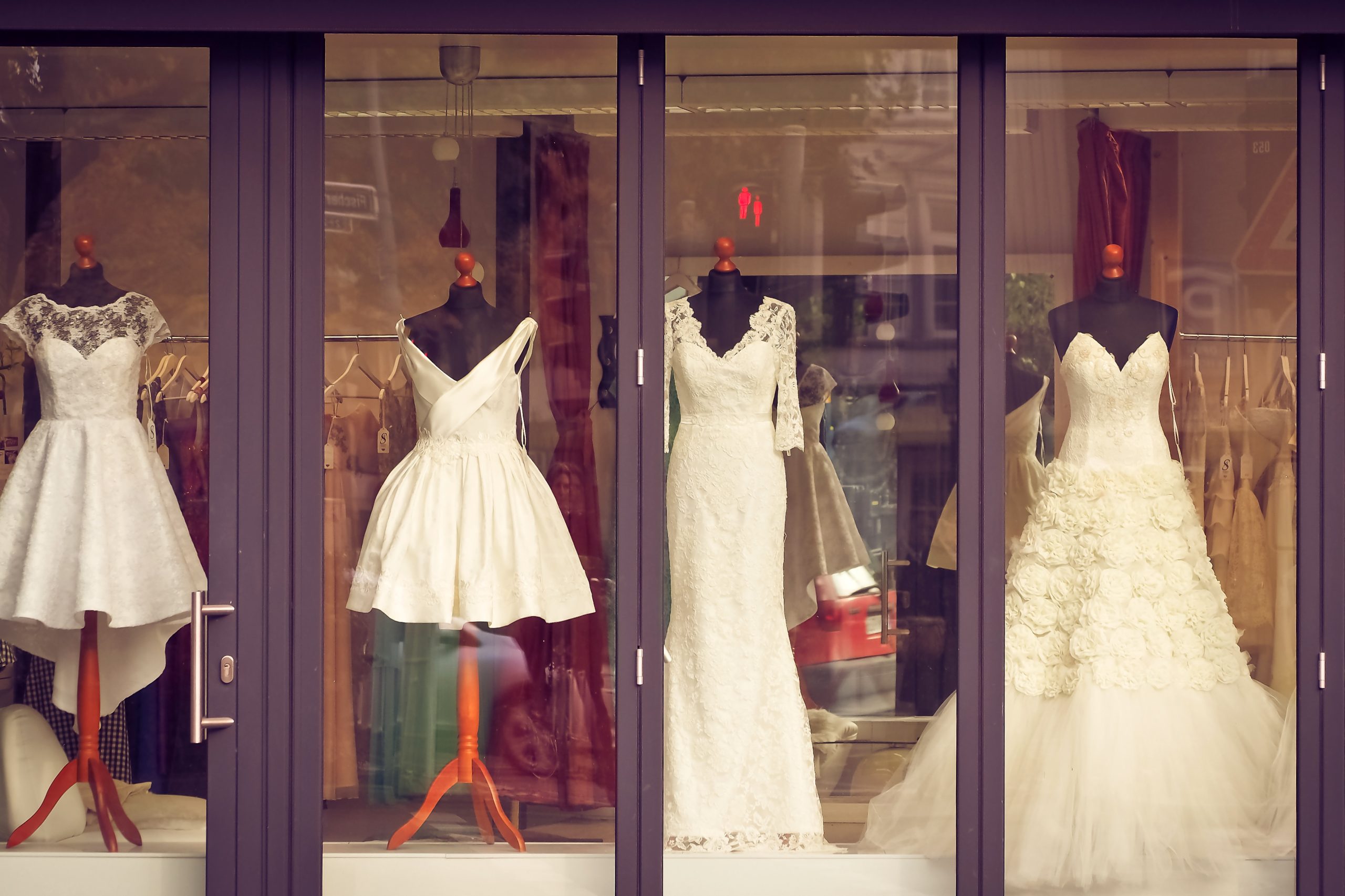Failure to invest in and use branding that is protected by US trademark registrations detrimentally hurts a business in many ways. Competitors can freely imitate your brands and hurt your market share. The ability to sell or franchise your successful business may be reduced or destroyed. Even worse, the return on investment of each of your marketing dollars is lower than it should have been.
Prior to contacting the attorneys of Garcia-Zamor, it may be worthwhile to brainstorm a few possible business/product brands. When contemplating potential brands it is important to think about what category of trademarks the brand may fall into, as viewed by the US Patent and Trademark Office.
The law only protects business names that are “distinctive,” meaning that the business name distinguishes the merchant’s goods and services from those of others. Courts classify business names into five categories: (1) fanciful, (2) arbitrary, (3) suggestive, (4) descriptive, and (5) generic. Fanciful, arbitrary, and suggestive business names are inherently distinctive and therefore will be protectable, unless they could be confused with an already trademarked business name. Descriptive business names are only entitled to trademark protection if they have acquired a secondary meaning. Generic business names are not protectable under any circumstances.
Fanciful Business Names (Strongest)
Business names with made-up words are considered to be fanciful, and are the most distinctive and protectable names. For example, Pepsi, Xerox, and Kodak are all words invented to serve as a business name.
Arbitrary Business Names (Strong)
Business names that use existing words in a unique way are considered to be arbitrary, meaning that the words have an arbitrary relationship to the merchant’s goods and services. Examples include: Apple for electronics, Arm and Hammer for baking soda, and Domino for sugar. Arbitrary business names, like fanciful business names, are easy to trademark.
Suggestive Business Names (Strong)
Suggestive business names suggest a characteristic of the merchant’s goods or services without actually describing that characteristic. The customer must use their imagination to make a connection between the name and the goods or services. For example, Texas Toast suggests oversized or thick bread, and Greyhound suggests buses with high speed.
Descriptive Business Names (Weak)
Business names that identify characteristics of the merchant’s goods or services, such as geographic origin, color, function, or properties, are considered to be descriptive. Descriptive business names can only be trademarked if the name has acquired a secondary meaning. In other words, the public must associate the name with only one business. American Airlines and Food Network are both descriptive business names that are protectable because the public associates the names with only one business.
Generic Business Names (Not Protectable)
Generic business names cannot be registered as trademarks. A business name is generic if the public associates the name with a whole group of goods or services, including the merchant’s goods or services. Aspirin, Laundromat, and Thermos are examples of trademarks that have become generic.
Taylor Hallowell is a specialist in intellectual property at Garcia-Zamor Intellectual Property Law, LLC. She is currently pursuing her Juris Doctorate at the University of Maryland Francis King Carey School of Law in Baltimore, Maryland. She received her Bachelor of Science degree in Biology from Amherst College in Massachusetts. Ms. Hallowell primarily focuses on contracts, discovery, and patents, mainly in the fields of mechanical technologies.
If you have any questions regarding your trademarks and related branding strategy, please contact Garcia-Zamor Intellectual Property Law, LLC.







